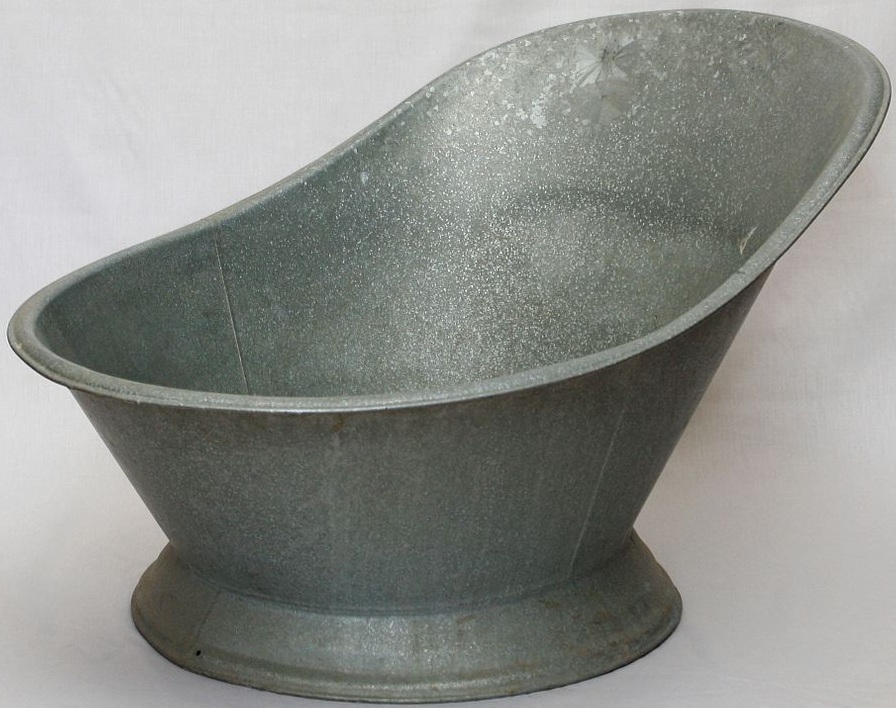How to get rid of hemorrhoids naturally
Hemorrhoids are swollen veins in the anus and lower rectum (called the rectal area) that can cause pain, itching, bleeding, and discomfort. When hemorrhoids become inflamed they may require medical treatment, but most people find relief through conservative, natural approaches – primarily dietary changes, lifestyle modifications, and soothing therapies.
Increasing fiber intake, staying hydrated, and avoiding straining are the most effective ways to manage hemorrhoids naturally. If you suffer from hemorrhoids, you can try some of these natural treatment methods.
1. Increase fiber intake (especially for bleeding hemorrhoids)
Dietary fiber significantly reduces bleeding and discomfort from hemorrhoids.
How fiber helps with hemorrhoids:
- Softens stool, making bowel movements easier
- Reduces bleeding episodes (studies show 50% reduction in hemorrhoid bleeding with fiber)
- Helps prevent recurrence with long-term use
Recommended daily fiber intake:
- 20-30 grams of insoluble fiber daily
- Drink 1.5-2 liters of water daily to prevent constipation
Best fiber sources:
✔ Psyllium husk (highly effective supplement)
✔ Whole grains (oats, brown rice, whole wheat bread)
✔ Legumes (beans, lentils, chickpeas)
✔ Fruits & vegetables (apples, pears, broccoli, leafy greens)
Note: It may take up to 6 weeks to see full benefits for hemorrhoids from fiber intake. If you have difficulty with fiber-rich foods, psyllium or methylcellulose supplements are effective alternatives.
2. Stay hydrated to avoid constipation
Dehydration leads to hard stools, worsening hemorrhoids.
Hydration tips:
- Drink at least 8-10 glasses of water daily
- Limit alcohol and caffeine, which cause dehydration
- Avoid fatty foods that can slow digestion
3. Avoid straining and prolonged toilet sitting
Straining increases rectal pressure, aggravating hemorrhoids.
Healthy bowel movement habits:
✔ Don’t delay – go when you feel the urge
✔ Limit time on toilet (avoid reading/phone use)
✔ Use a footstool (squatting position facilitates bowel movements)
✔ Breathe deeply – don’t hold your breath while pushing
4. Try Sitz baths (warm water soaks)
Sitz baths (soaking the anal area in warm water) reduce pain and inflammation.
How to do it:
- Fill a tub or basin with 3-4 inches of warm water
- Soak for 15-20 minutes, 2-3 times daily (especially after bowel movements)
- Gently pat dry – avoid rubbing

5. Use natural topical treatments
✔ Witch hazel (best natural remedy for itching and swelling)
- Acts as a natural astringent, reducing inflammation
- Apply with cotton pad (use alcohol-free version)
✔ Aloe vera (soothes irritation)
- Has anti-inflammatory properties
- Apply pure gel to affected area
✔ Coconut oil (reduces discomfort)
- Moisturizes and reduces itching
- Apply small amount 2-3 times daily
6. Exercise regularly (but avoid heavy weight lifting)
Physical activity improves digestion and prevents constipation.
Best exercises:
- Walking (30 minutes/day)
- Yoga (poses like Child’s Pose help circulation)
- Kegel exercises (strengthen pelvic muscles)
Avoid: Heavy lifting which increases rectal pressure
7. Over-the-Counter options
If natural treatments aren’t enough, consider:
- Stool softeners (like docusate sodium)
- Topical creams (hydrocortisone for inflammation)
(Always consult a specialist before long-term use)
When to seek medical help
Most hemorrhoids improve with conservative treatment, but seek medical help if you have:
- Severe pain or heavy bleeding
- Protruding external hemorrhoids that don’t recede
- Symptoms lasting >1 week despite home care
Final Thoughts
✅ Best hemorrhoid treatments:
- High-fiber diet (20-30g/day) + water (most effective for bleeding hemorrhoids)
- Avoid straining and limit toilet time
- Sitz baths and witch hazel for symptom relief
❌ Debunked myths:
- Spicy foods don’t worsen hemorrhoids
- Fiber helps more with bleeding than with hemorrhoid prolapse
By following these strategies, most people can manage hemorrhoids naturally. If symptoms persist, consult a gastroenterologist for further options.
